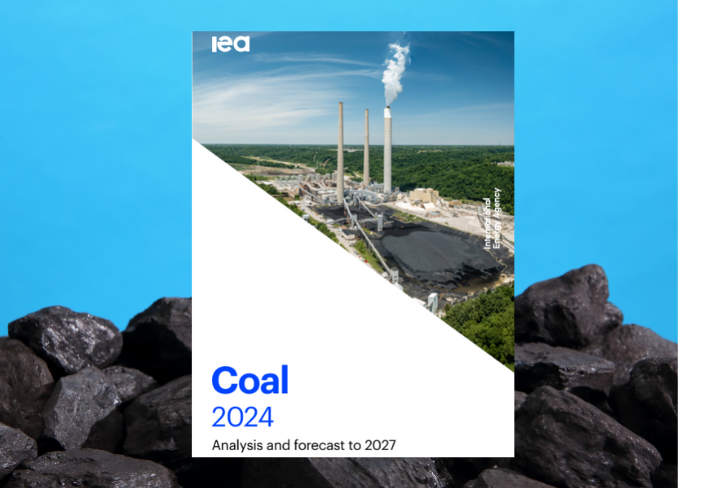
New Report Examines Coal’s Contribution to Advancing UN Sustainable Development Goals in ASEAN
Christopher Demetriou
Vientiane, Laos, 27 September 2024: A report titled “Addressing UN Sustainable Development Goals in the ASEAN Coal Value Chain“, jointly released today by FutureCoal and ASEAN Centre for Energy (ACE), underscores the contributions of the coal value chain in driving progress toward the United Nations Sustainable Development Goals (SDGs).
Launched during the 24th ASEAN Energy Business Forum (AEBF-24), the report presents coal as a resource in the ASEAN region’s journey to fuel its economic growth, maintaining social equity, and environmental stewardship.
The report highlights that since 2000, Southeast Asia has witnessed a substantial surge in energy demand, with electricity consumption growing at an average annual rate of 4.4%. Coal has been central to meeting this demand, providing a reliable and affordable energy source that supports industrial growth, infrastructure development, and economic resilience across ASEAN.
Future Coal’s Director of Strategy and Sustainability, Paul Baruya, emphasised coal’s role as a driver of socio-economic development in the region. “Coal not only fuels economic growth but also generates substantial revenues that fund essential public services, including healthcare, education, and infrastructure development. By creating job opportunities and reinforcing energy security, coal is integral to the prosperity and stability of ASEAN nations. ‘Responsible’ investment requires a balanced approach to all fuels and technologies, especially in emerging and developing countries where coal drives sustainable development.”
The report underscores coal’s multifaceted contributions to a range of SDGs:
- Economic Growth and Poverty Alleviation: Coal is a catalyst for economic growth by providing affordable energy, supporting business activities, and creating jobs across various sectors, contributing to SDG 1 (No Poverty), SDG 8 (Decent Work and Economic Growth), and SDG 10 (Reduced Inequalities).
- Environmental Stewardship and Innovation: Advanced coal emission abatement technologies play a supporting role in achieving SDG 7 (Affordable and Clean Energy) and SDG 13 (Climate Action). Innovations like high-efficiency low emissions (HELE), co-firing coal and sustainable biomass, utilising combined heat and power to extract the maximum energy out of a tonne of coal, circulating fluidised bed systems to add fuel flexibility, and reusing by-products and waste from coal to move to a circular economy. These technologies can reduce emissions by up to 99%, driving a sustainable energy future.
- Social Equity and Well-Being: The coal industry prioritises the health, safety, and well-being of its workers and surrounding communities through comprehensive healthcare programs, educational initiatives, and gender equality workshops, contributing to SDG 3 (Good Health and Well-Being), SDG 4 (Quality Education), and SDG 5 (Gender Equality).
Baruya highlighted the role of FutureCoal’s Sustainable Coal Stewardship (SCS) in advancing the industry’s alignment with the UN Sustainable Development Goals.
“Our Sustainable Coal Stewardship philosophy guides the global coal value chain toward more sustainable and responsible practices—improving mining processes, enhancing combustion efficiency, and exploring innovative uses for coal beyond traditional power generation. This approach addresses environmental concerns and positions coal as a key player in the transition to a sustainable and responsible future.”
The collaboration between FutureCoal and the ACE reflects a shared commitment to advancing ASEAN’s sustainable development agenda. The report is a critical resource for policymakers, industry leaders, and communities, offering a comprehensive perspective on coal’s strategic importance in the region’s energy landscape.


